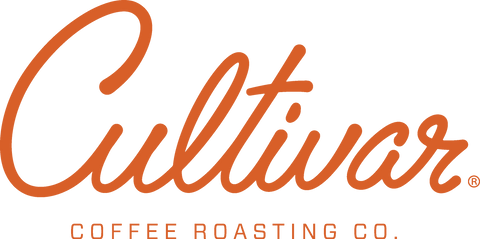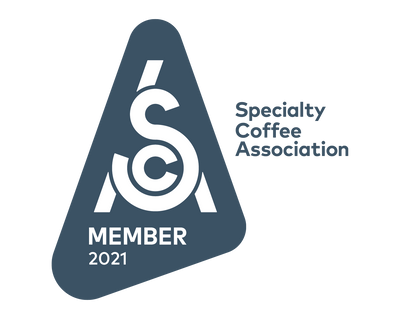
Colombia, Dec 8th, 2022
This morning we head to the cupping lab of Siruma to learn more about the three regions they are involved in, and to cup more coffees, mostly coffees from the two associations we have already visited.

(Valentina Duque, left)
Siruma was founded by Valentina Duque. The mission is to build longterm relationships with like-minded coffee producers that are sustainable, and transparent. One aspect of the sustainable relationship is helping producers improve their income so that they can be sustained by primarily selling coffee instead of coca. Beyond paying good prices for the coffee they buy from producers, Siruma aims to transfer as much infrastructure and educational value as possible to the producer, so they are not forced to be reliant on Siruma, giving the producer more autonomy to sell coffee to whoever they prefer.
Siruma employs an agronomist in each region they are involved in. This provides personalized support that addresses the specific needs of the Association, Cooperative, or individual coffee producer as each region has very specific challenges.

(Romney, Siruma's Agromonomist in Cauca.)
Siruma gives feedback to their coffee producers based on the cup quality of the coffee. Based on the cup quality, they will make recommendations on what practices can be improved upon at the farm level. Additionally, Siruma holds trainings with coffee producers to show them directly how to improve their practices. They are making an effort to teach the coffee producers how to taste the coffee they grow to better understand the direct impact they make in the cup by changing what they do at the farm level. Coffee growers, tasting their own coffee is actually pretty rare.

(Valentina, Left - Balthazar Tapasco, Center - Jerry the Agronomist, Right)
As an exporter, Siruma looks to connect the coffee producers with coffee roasting companies, like Cultivar Coffee. Falcon Coffees already imports coffee from Siruma, so Cultivar Coffee has easy access to everything that Siruma is exporting. In situations where Siruma can’t purchase all the coffee being sold by their producing partners, they will seek out other exporters to buy the rest.

(Jonathan Meadows - Cultivar Coffee)
Cupping all of these coffees and visiting all of these farms also gives Siruma the ability to identify quality coffee to buy, including the creation of micro-lots, which can add additional financial value for the producer.

(Brian Speckman, Falcon Coffees)
Cauca. Siruma has been working in Cauca for 2 years, with four coffee associations. One notable project that I haven’t mentioned is in Argelia, 6 hours from Popayán. Argelia is a very conflicted region of Colombia that is very dangerous to work in because the primary crop is coca. The producers in this region are forced to grow coca by the cartels, so this is a very challenging situation.Siruma, in partnership with USAID, works with some coffee growers in Argelia that call themselves “The Resistance” because they only want to grow legal crops. Siruma buys all of their coffee in Argelia through one coffee association. Siruma’s agronomist, Romney is one of the only agronomists in the country who has been able to regularly visit the coffee fields in Argelia.

(Federico Pillimue, Right - Romney, Center - Brian Speckman, Right)
Caldas. Coffee is one of the most important crops in Caldas but has remained a relatively untapped region for high-end specialty. Siruma works with 3 cooperatives, that represent 1000 coffee producers. They quickly identified that the drying practices needed to be improved, so this has been a focal point.
One of these cooperatives is in San Lorenzo. The producers there are from the indigenous group, Embera Chami. Tomorrow we will visit San Lorenzo.

(José Eriberto Beuno)
Tolima. The newest region for Siruma. has been working with two coffee associations there for about one year. The associations are small with around 40 producing members each.

